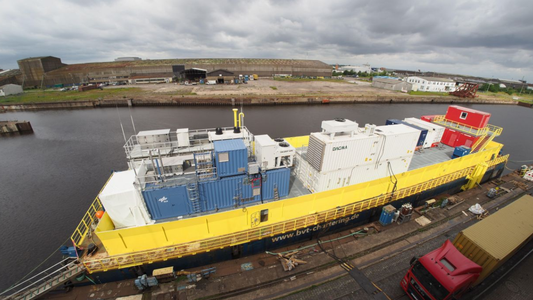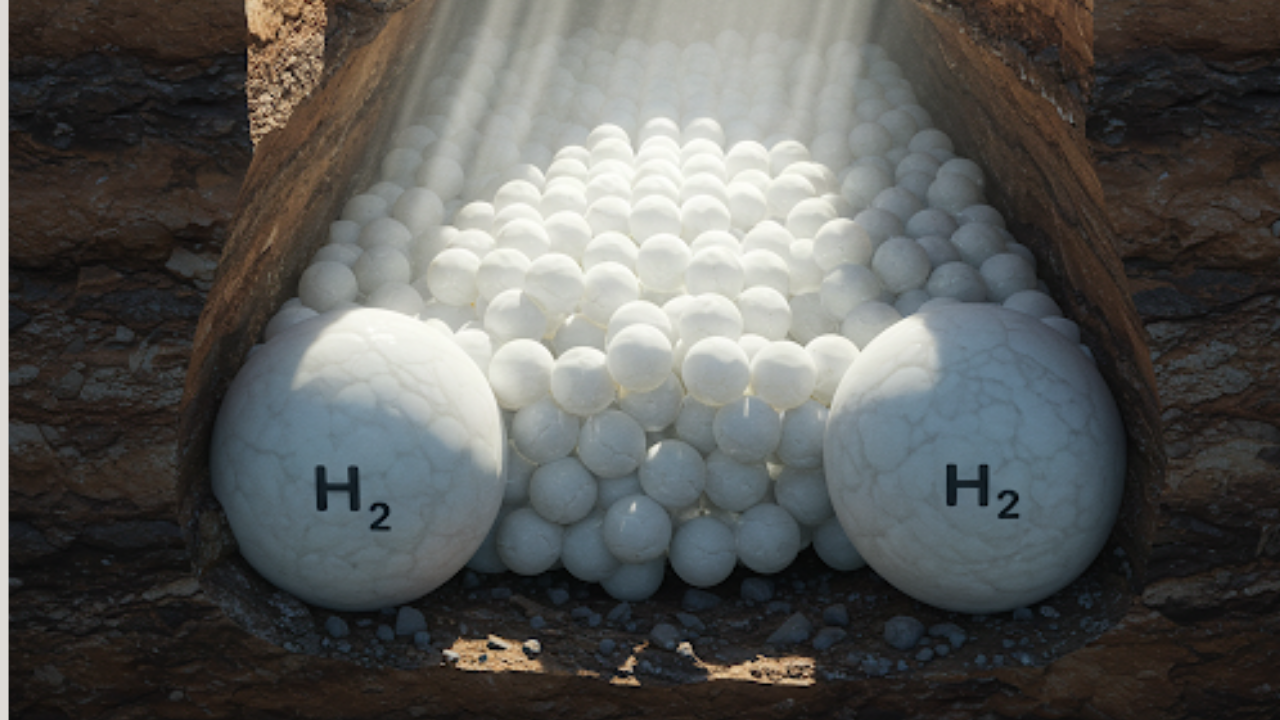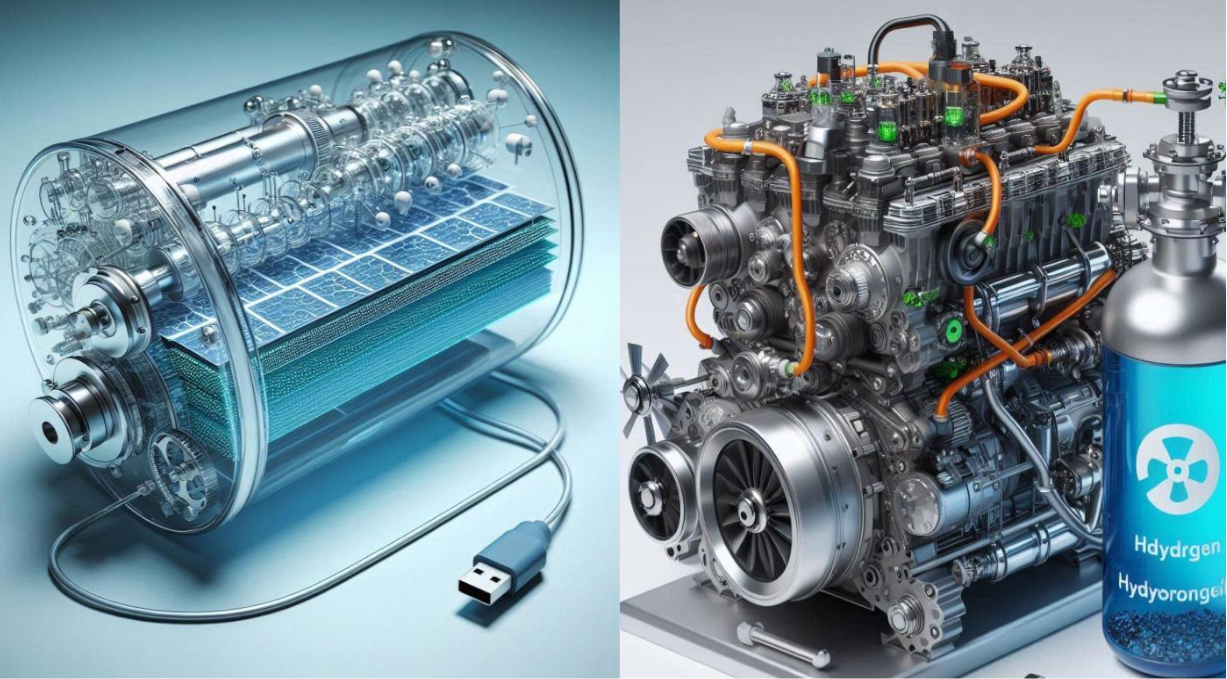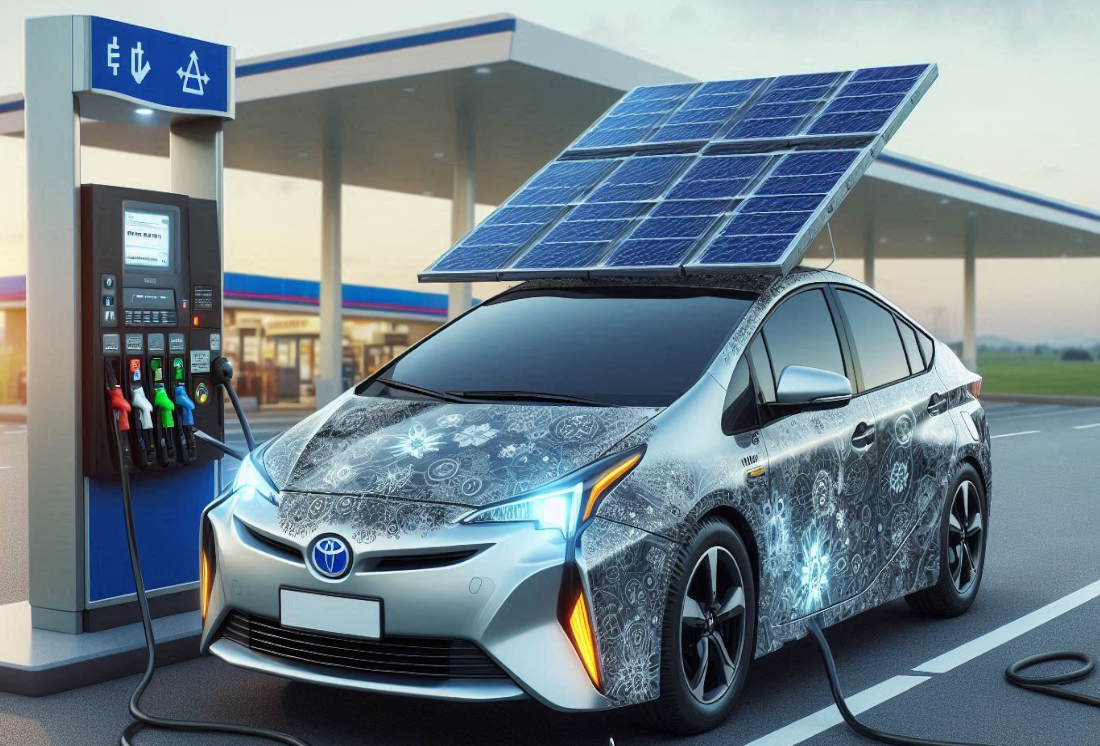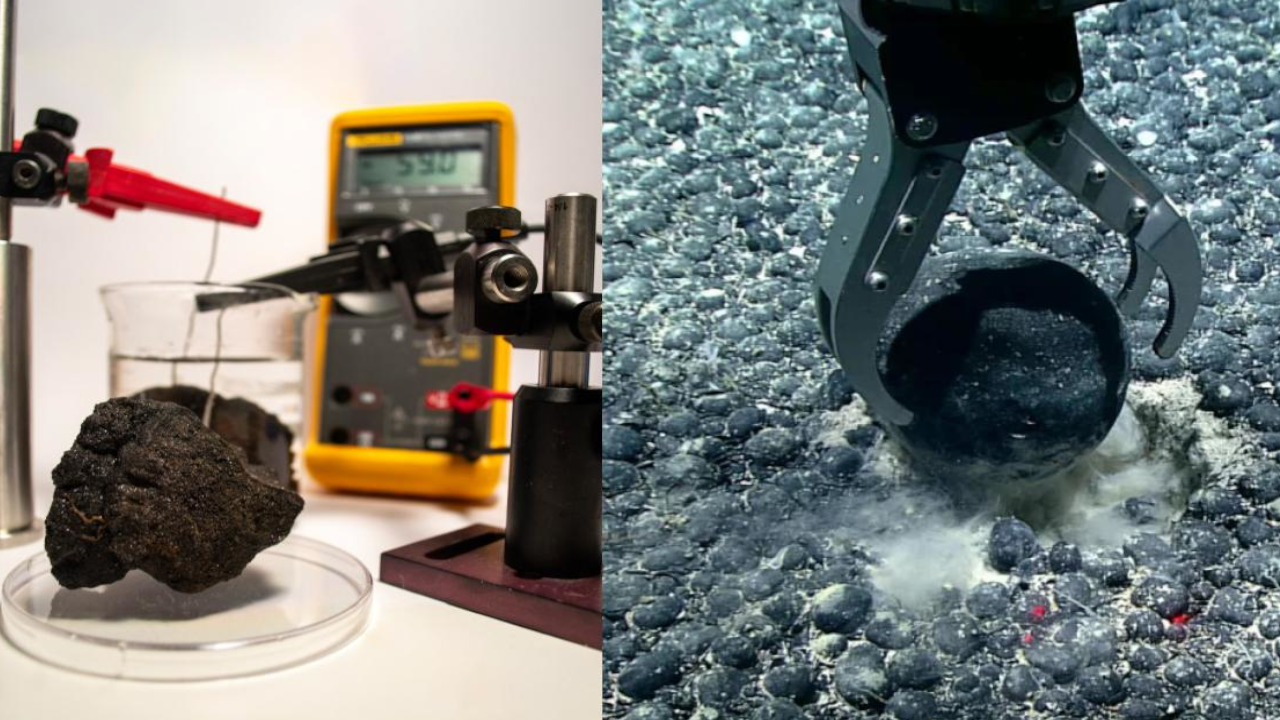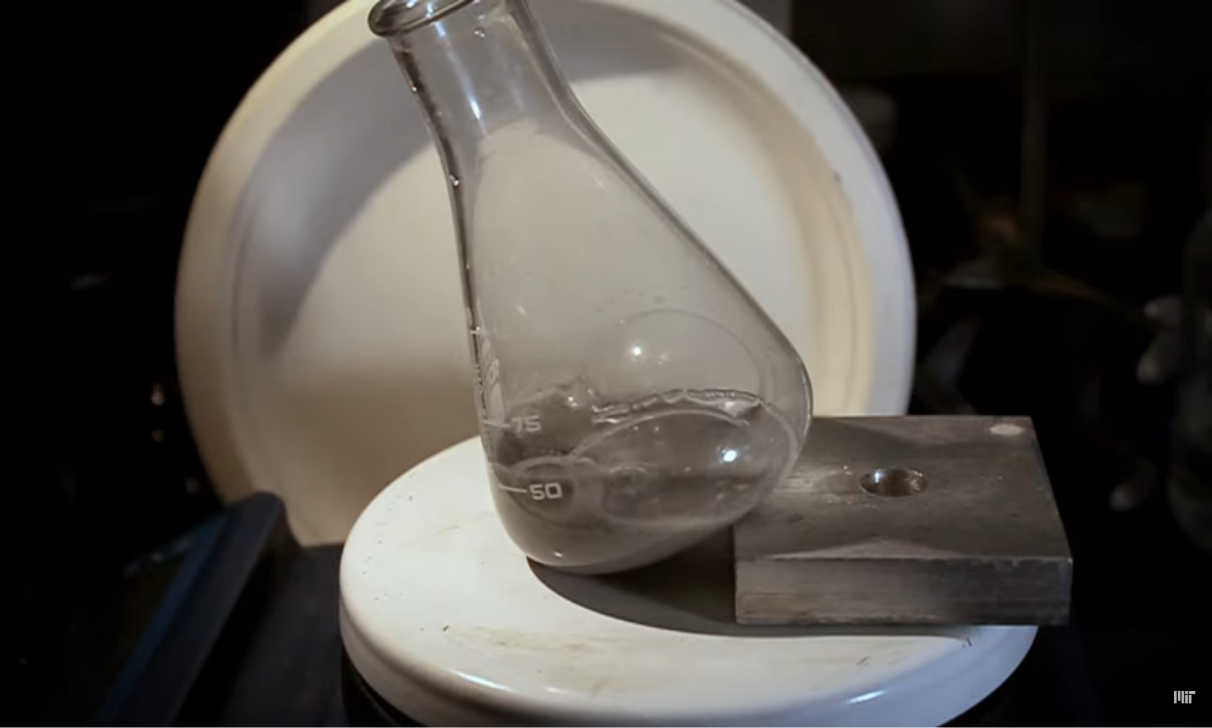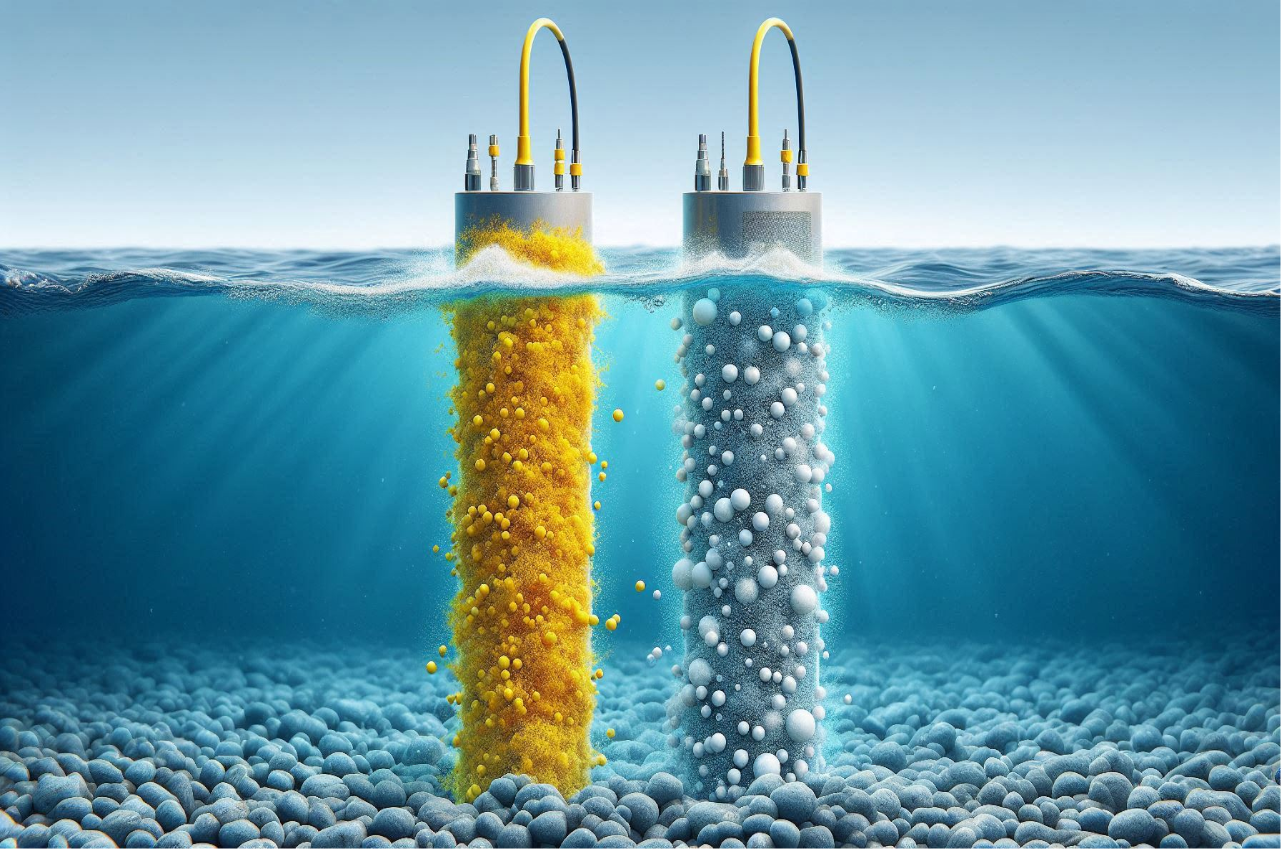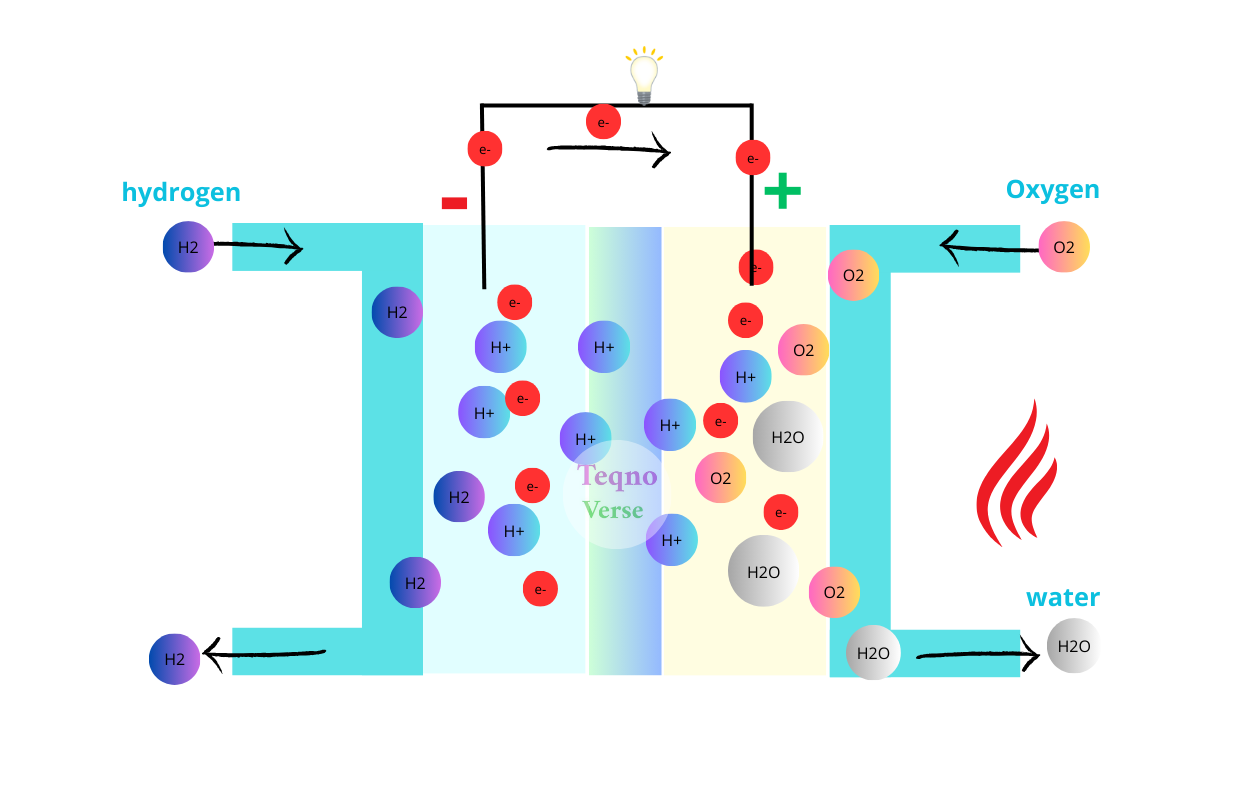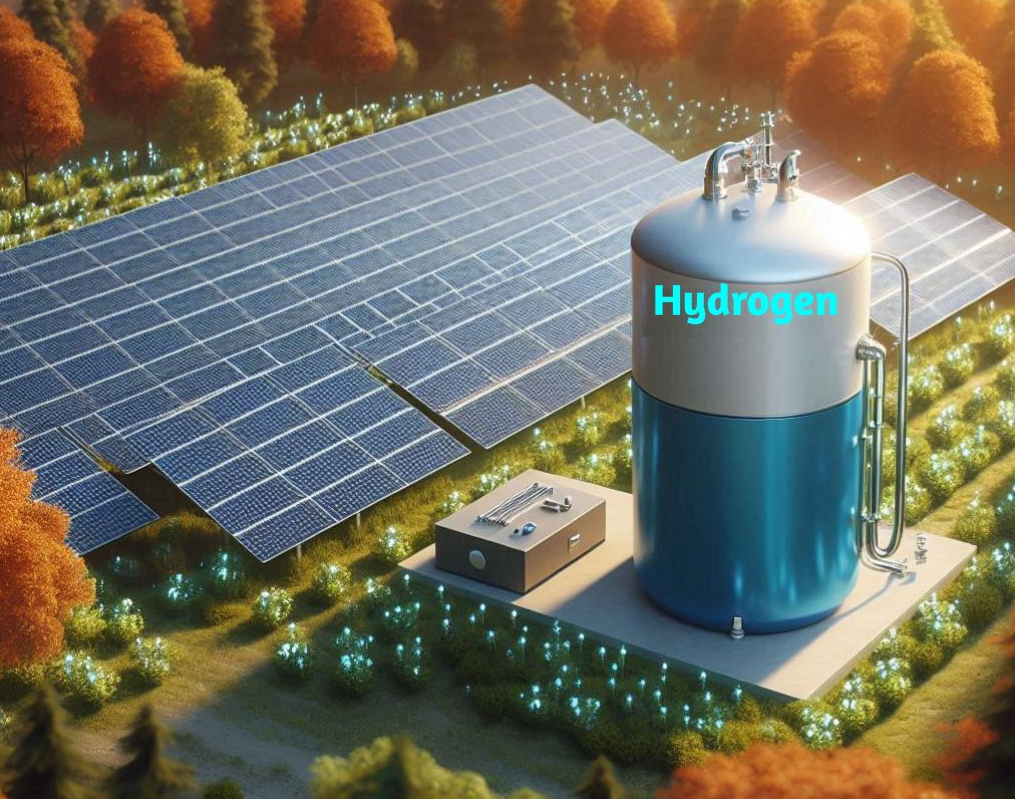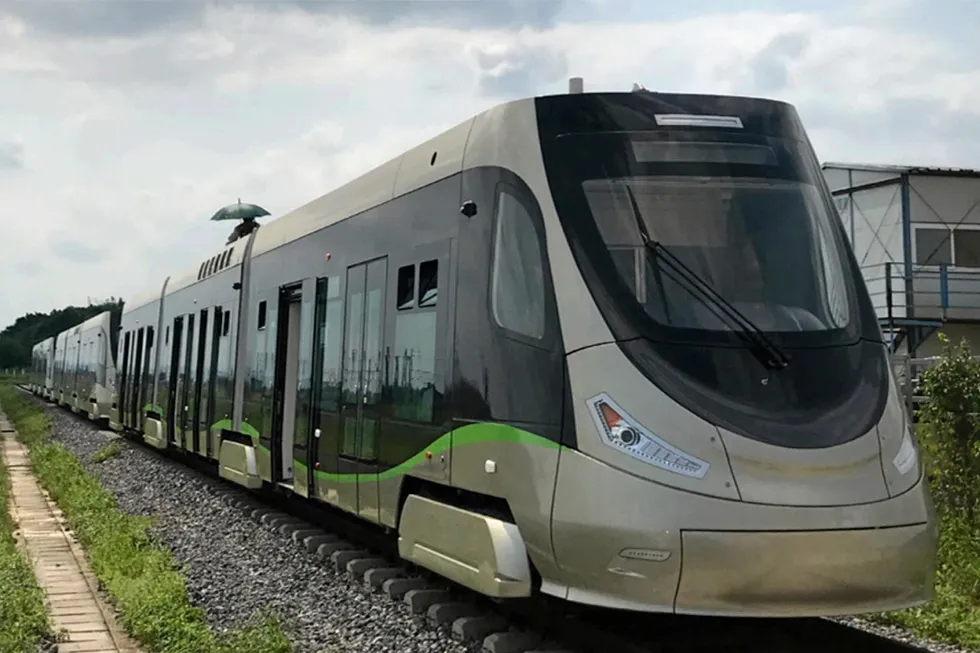Germany has commenced operations of its first floating offshore platform for producing synthetic fuel, as part of a unique pilot project known as PtX-Wind. The platform was initially installed on a barge docked in Bremerhaven, northern Germany, and will later be moved offshore near Helgoland island. There, it will begin its production operations in a marine environment completely independent of traditional power grids, utilizing wind energy.
Synthetic fuel, also known as e-Fuel, is a type of fuel produced industrially by combining pure hydrogen, generated from the electrolysis of water, with carbon dioxide captured from the air or industrial sources. The main advantage of this fuel is its carbon neutrality; the emissions resulting from its use are approximately equal to the amount of carbon dioxide captured during the manufacturing process. This makes it an ideal option for reducing the environmental footprint in sectors that are difficult to electrify, such as aviation and maritime transport.
Integrated Operation of the German Platform
The German platform features an integrated operational chain for fuel production. These operations begin with using offshore wind energy to power the systems and leverage seawater and ambient air as sources for the essential components. Key components include a high-temperature electrolysis unit to convert water into hydrogen, a seawater desalination unit to provide pure water, a direct air capture (DAC) system for carbon dioxide from the air, and a chemical reactor utilizing the Fischer-Tropsch process to convert hydrogen and CO2 into usable synthetic fuel.
The PtX-Wind project is part of a broader framework called H2Mare, which is one of three leading projects within Germany's National Hydrogen Strategy, focusing on offshore green hydrogen production. The Karlsruhe Institute of Technology (KIT) leads this research project in collaboration with prominent partners such as Technical University of Berlin (TU Berlin) and the German Aerospace Center (DLR). The project aims to develop widely applicable technologies for producing clean energy derivatives in marine environments.
For more technical details, you can visit the project page on the Karlsruhe Institute website:
